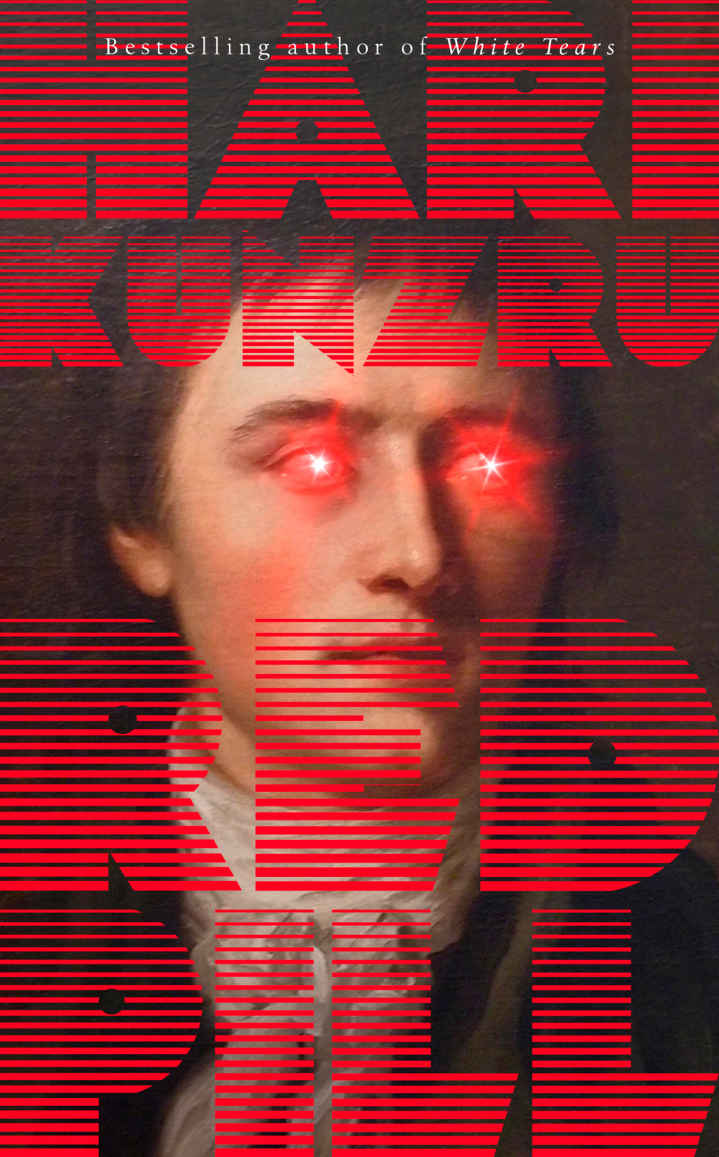 A faux-autobiographical story of a frustrated middle-aged writer and his pending breakdown explores despotism in all its forms. This offering from British novelist Hari Kunzru pulls at the threads of a crumbling world to discover we’ve been in this special hell before.
A faux-autobiographical story of a frustrated middle-aged writer and his pending breakdown explores despotism in all its forms. This offering from British novelist Hari Kunzru pulls at the threads of a crumbling world to discover we’ve been in this special hell before.
The narrator, a writer we can assume is, like Kunzru, of mixed Kashmiri descent, accepts a prestigious place in a writers’ retreat in Wannsee, the Berlin setting for the Nazi’s Final Solution talks. As the residence cramps his style (communal areas for working, overbearing colleagues who tease him) he is drawn to the history of the place around him, exploring German Romanticism and the 19th-century murder-suicide of writer Kleist, a strange chap who campaigned (and not for long) for a female companion to kill before taking his own life, on the land the residence occupies.
The narrator finds himself attached to the cleaner of the residence, whose startling circumstances push him to come to think of his own writing as banal and narcissistic, seeing patterns in everything around him as if another reality were hiding in plain sight. His darker appearance does nothing to comfort him as he wades through the surrounding areas, still rattling with ideas of white supremacy, and stumbles into the underbelly of the town in chaotic fashion.
As obsesses over a tawdry TV cop show, scanning for actor’s lines that seem to be straight out of legendary works of philosophy, connections that may or may not be there emerge in this story that may or may not be his final piece written at the retreat.
Hari Kunzru never has a problem coming up with the premise of his books, and as they unfold, the stories have a trademark style of gathering pace and Proust-like, sending us on wild-goose chases that suddenly turn up a nugget of gold, linking us to the theme of the book. However, as in White Tears, his previous work, the falling apart of the narrative as our protagonist loses it uses the same device, and unfortunately, the same issue prevails: the story thins a little too much in places, leaving too much space for the reader to fill in. But given the narrator’s focus sharpens in on self-destruction, maybe this doesn’t matter.
The last chapter, although something of a punchline, still feels a little tacked on: we can see the seams. A more cynical view is that serendipity gave Kunzru the scenario in real-time he’d been searching for to round up his study of despots: Trump.
The writing is, as ever with Kunzru, strong and engaging, full of brutal humor, and draws on historical events so completely that it’s hard to know how much of this story is, well, true. For those who enjoy writers such as Karl Ove Knausgaard and Tao Lin, others who often mix fiction into their biographical work, Kunzru will be a welcome discovery.
Available At

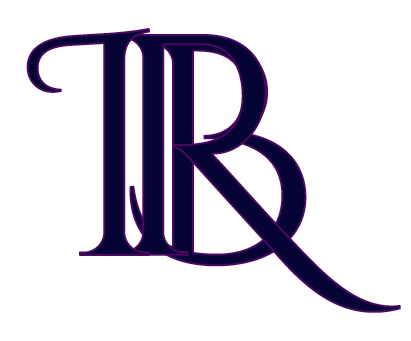
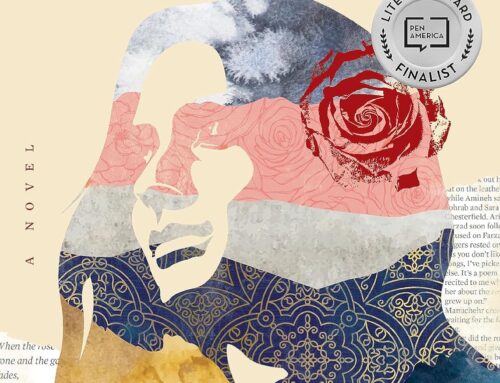
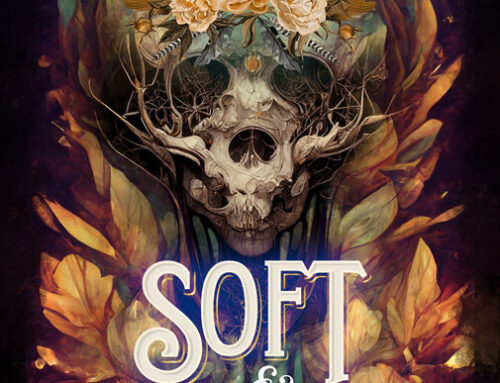
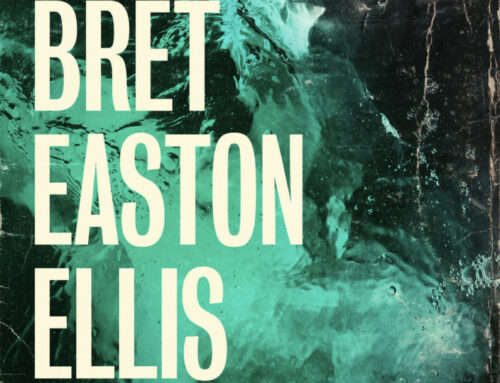
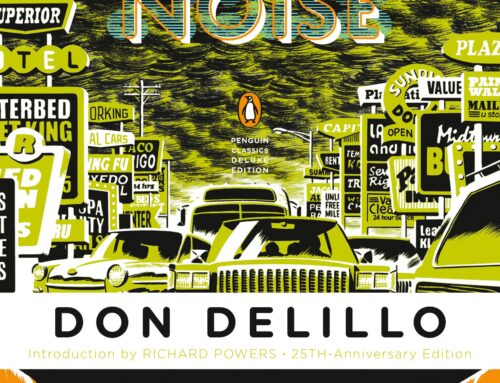


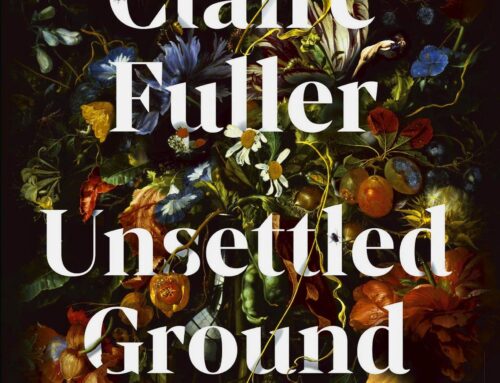
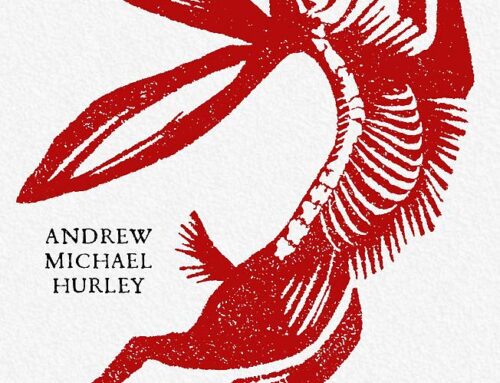
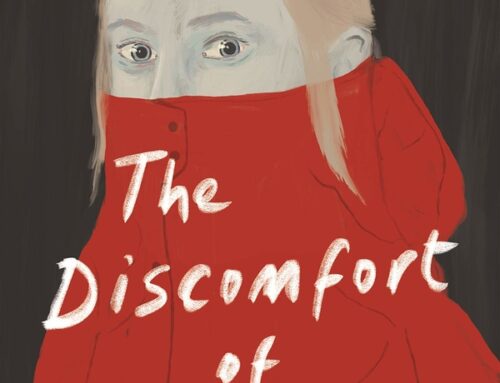
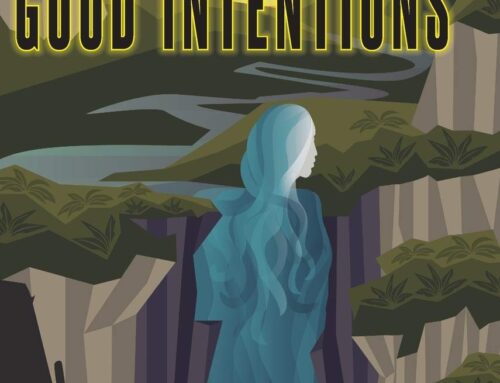

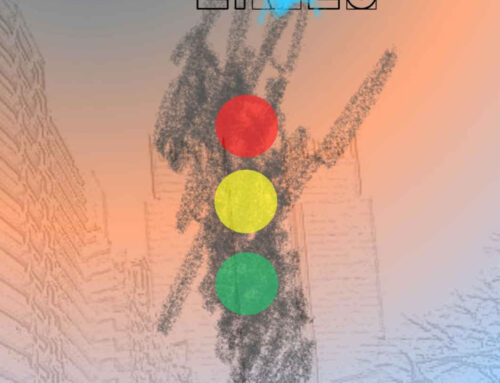
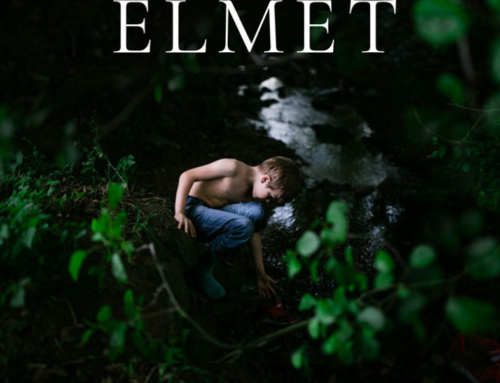
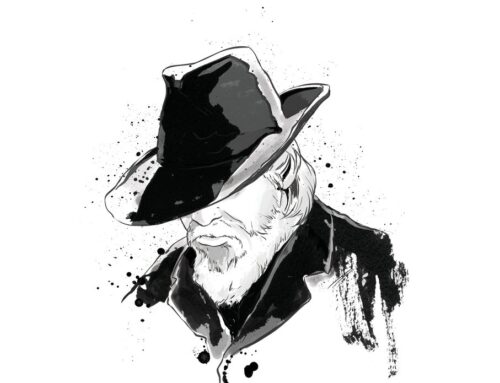
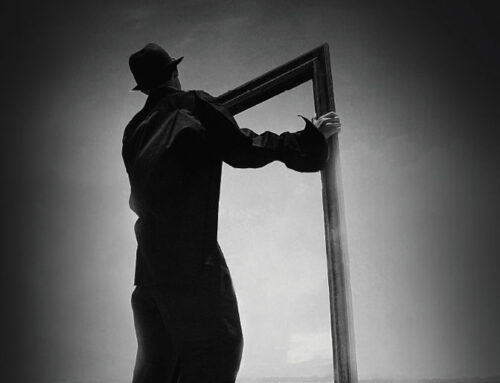
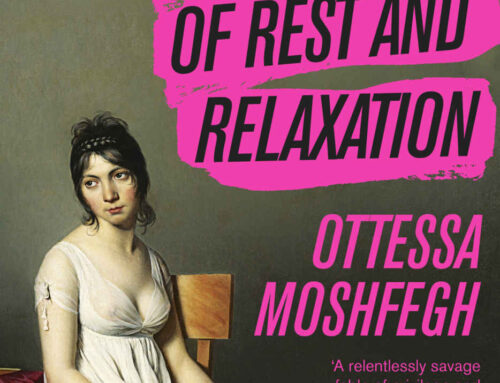
Leave A Comment